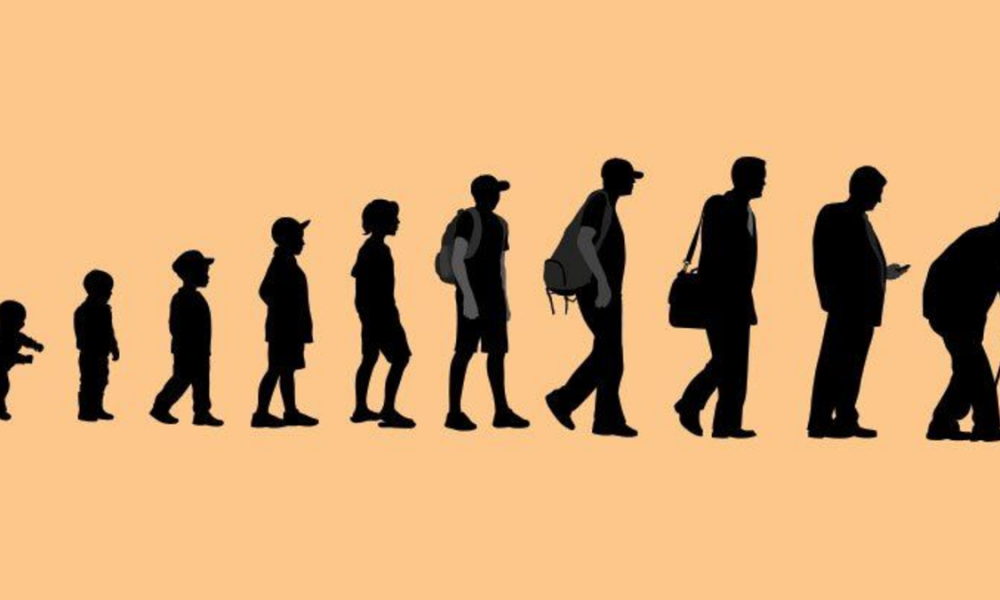Results released Monday from the Texas Education Agency (TEA) are the first of many states’ first look into the pandemic’s effect on education.
What We Know:
- Grades 3 through 8 fell considerably when it came to meeting grade expectations compared to data from 2019. For example, only 30% of third graders and 25% of seventh-graders met grade level or above in math. In reading, results were similar, with the percentage of students reading at their grade level sliding to the lowest level since 2017.
- Florida and Indiana, who are expected to release their scores by the end of the month, also reported declines. Florida officials said reading scores dropped by 4%. Indiana warns of a drop in reading scores and a decline in math.
- Texas Education Agency Commissioner Mike Morath tried to spin the results positively by pointing out how Texas prioritized in-person teaching over other states. He went on to say, “But it is also clear that the pandemic had a very negative impact on learning. I shudder to consider the long-term impact on children in states that restricted in-person instruction.”
- Experts warn that the data will be unreliable due to low participation rates in some regions. In Texas, for example, only 86% of students took standardized tests compared to the typical rate of 96%. Regardless, these early results provide the most significant data detailing the effects of shutdowns, the switch to virtual learning, and related disruptions for school children.
- When considering the race and economic class of students, the results become more disheartening. According to the TEA results, 57% of black students and 47% of Hispanic students in the third grade failed to meet grade-level expectations. Robin Lake, director of the Center of Reinventing Public Education at the University of Washington, responded to these statistics.
“It’s a little sickening to see the bottom drop out for so many kids. Clearly remote learning has been hitting the most vulnerable kids the hardest. It’s what we were expecting, but tough to see,” Lake said.
- Typically standardized testing scores are used by Texas to determine school ratings and whether students can move on to the next grade. Officials suspended these measures because of the pandemic and instead provided intensive tutoring to students who fell short on testing standards in the fall. Indiana lawmakers passed a bill to prevent poor test results from being used against teachers or schools. The state also set aside $150 million to address learning loss with House Bill 1008.
- Nationally, students were given a year off of federally required exams during the pandemic. However, the Biden Administration has ordered states to resume exams this year with new flexibility. States were instructed not to require students to come to school to complete the tests, and the education department granted some states additional leeway to modify tests or test fewer students.
Although scores have shown a clear decline in learning from students, many still stand by the school’s decisions to go remote during the shutdown. Clay Robison, a spokesperson for the Texas State Teachers Association, stated, “We were in the middle of a deadly pandemic, and we are sure it saved the lives of some students, it saved the lives of some school employees, it saved the lives of some members of their families and it was necessary.”


